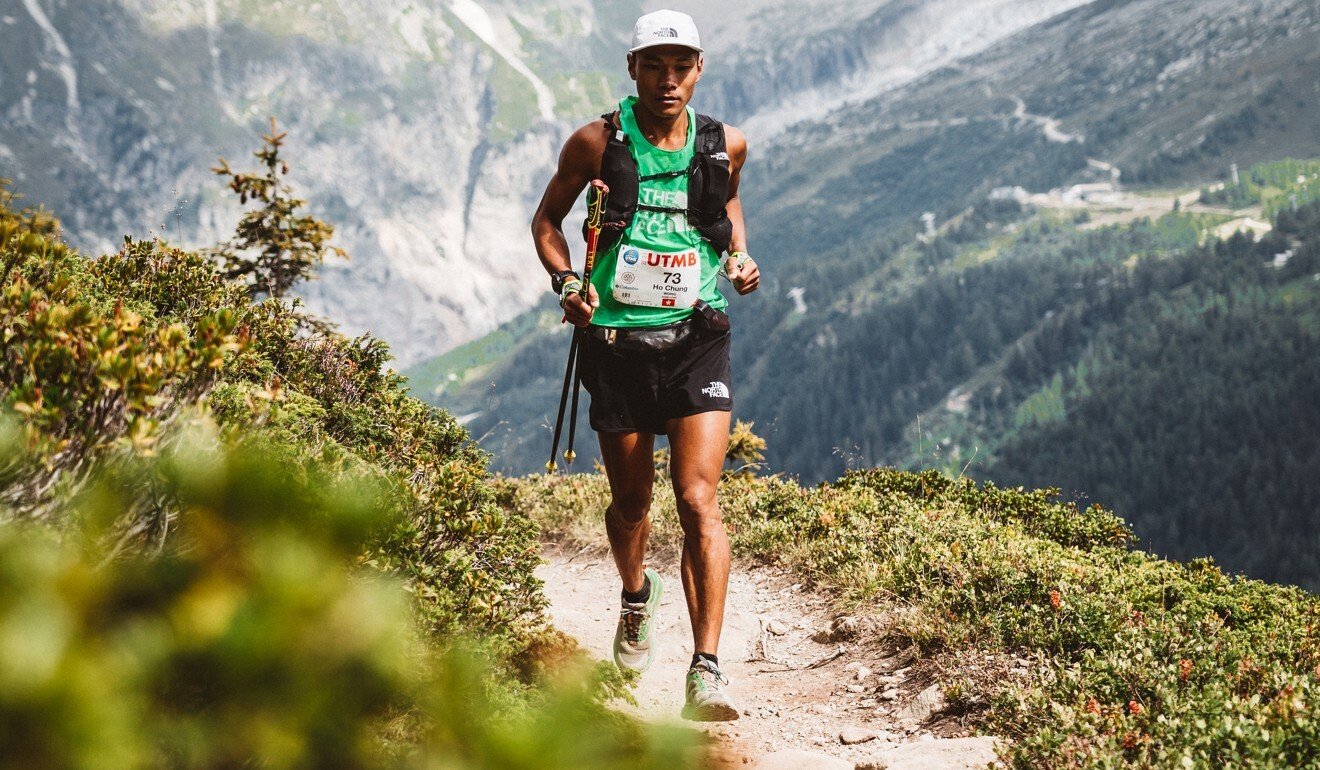Training for mountain ultras is no easy feat. If you’re planning to take on one of these grueling events, you need to be prepared for everything the mountains throw at you. The terrain is often challenging, with steep inclines, rocky paths, and unpredictable weather. To be successful, you need a solid plan that focuses on building endurance, strength, and mental toughness. In this article, we’ll share key tips on training for mountain ultras to help you perform your best on race day.
Understand the Demands of Mountain Ultras
When you’re training for mountain ultras, it’s important to understand the unique challenges that these races present. Unlike road ultras, mountain ultras involve elevation gains and technical trails that can be much harder on your body. You’ll need to work on strength, balance, and agility while also building the endurance needed to handle long hours on difficult terrain. This is why it’s essential to tailor your training plan to include both uphill and downhill runs, along with general conditioning.
Training for mountain ultras requires both physical endurance and mental fortitude. Many athletes find cross-training activities help maintain motivation during long preparation cycles. Some runners even incorporate strategic rest days with light distractions to prevent burnout.
Interestingly, the focus required for endurance sports translates well to other concentration-intensive activities. The Stellarspins Portal demonstrates how maintaining disciplined attention can benefit performance in various domains. This parallel shows how athletic mental training applies beyond the trails.
Ultimately, successful ultra training blends structured workouts with psychological balance. Finding activities that engage your focus while allowing recovery is key to long-term endurance success.
Balancing Performance and Enjoyment in Everyday Life
At Endurance Buzz, we’re passionate about maintaining balance—pushing limits while finding moments of rest and enjoyment. Just as athletes pursue focus and dedication, the aussie online casinos scene brings a sense of excitement and strategy to those seeking a mental break. Both worlds value engagement, precision, and the thrill of achieving goals. It’s all about finding your rhythm, whether on the trail or during moments of relaxation.

Boost Your Endurance and Enjoy Fun Breaks
Endurance training takes focus and dedication, but everyone deserves a fun way to unwind after a long session. For a quick dose of excitement, try stellarspins mobile casino on your smartphone. Its seamless mobile experience makes it easy to enjoy games anytime, whether before or after your workout. Combining fitness with light entertainment keeps motivation high and spirits lifted.
Focus on Hill Training
The key to training for mountain ultras is getting used to running uphill and downhill. You can’t avoid the hills in mountain races, so you need to prepare your body for the strain. Incorporate hill repeats into your weekly routine, where you run uphill at a steady pace, then jog back down. This will build the strength and power you need for the ascents, while also improving your control and confidence on the descents.
Hill training helps your legs adapt to the challenge of steep climbs, while also improving your cardiovascular fitness. Don’t forget to run downhill as well. Training your muscles to handle the impact of downhill running is crucial, as this can often cause more strain than uphill running.
best canadian online casino
Endurancebuzz.com appears to be a website dedicated to endurance sports and activities, offering motivation and resources for athletes. While individuals focus on pushing their physical limits and achieving fitness goals, some might also enjoy online entertainment during their recovery time. For those in Canada seeking top-tier online gaming experiences, discovering the best canadian online casino can provide an enjoyable diversion. Find a reputable platform that offers a secure and exciting gaming environment after a long training session.
Incorporate Strength Training
In addition to running hills, strength training is essential when you’re training for mountain ultras. It’s not just about endurance – you need to build overall strength to support your joints and muscles through long hours on tough terrain. Focus on lower body exercises, such as lunges, squats, and step-ups, to strengthen your quads, hamstrings, and calves.
Core exercises, such as planks and Russian twists, are also important. A strong core will help you maintain good posture and stability during your runs, especially when navigating tricky trails. Upper body strength, though often overlooked, is equally important for mountain ultras, as you may need to use your arms for balance and support on rough terrain.
Fuel Your Passion at Endurance Buzz
Endurance Buzz is your source for information and inspiration related to pushing your limits in various endurance sports. While you’re focused on achieving your personal best, you might also appreciate opportunities for online entertainment. For those seeking engaging online gaming experiences, stellarspins casino online offers a wide variety of casino games and a user-friendly platform to explore during your downtime.










